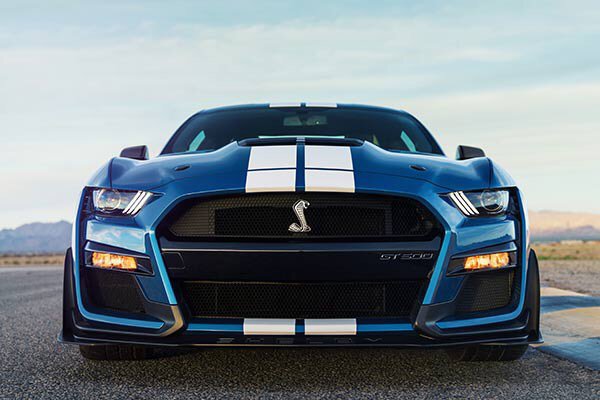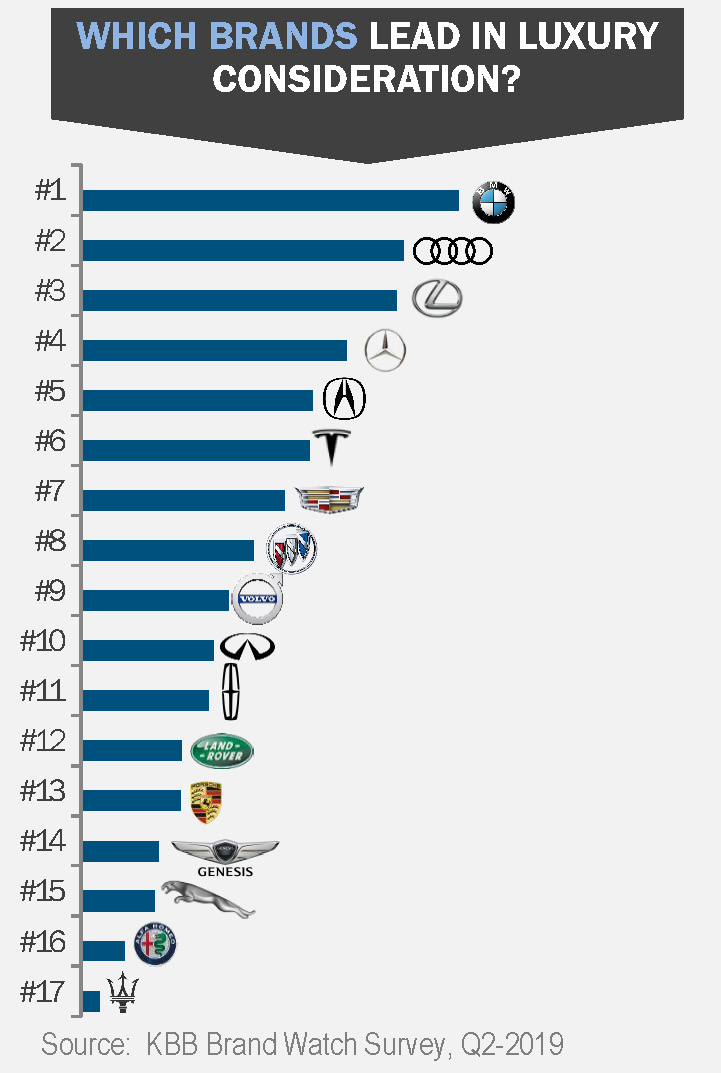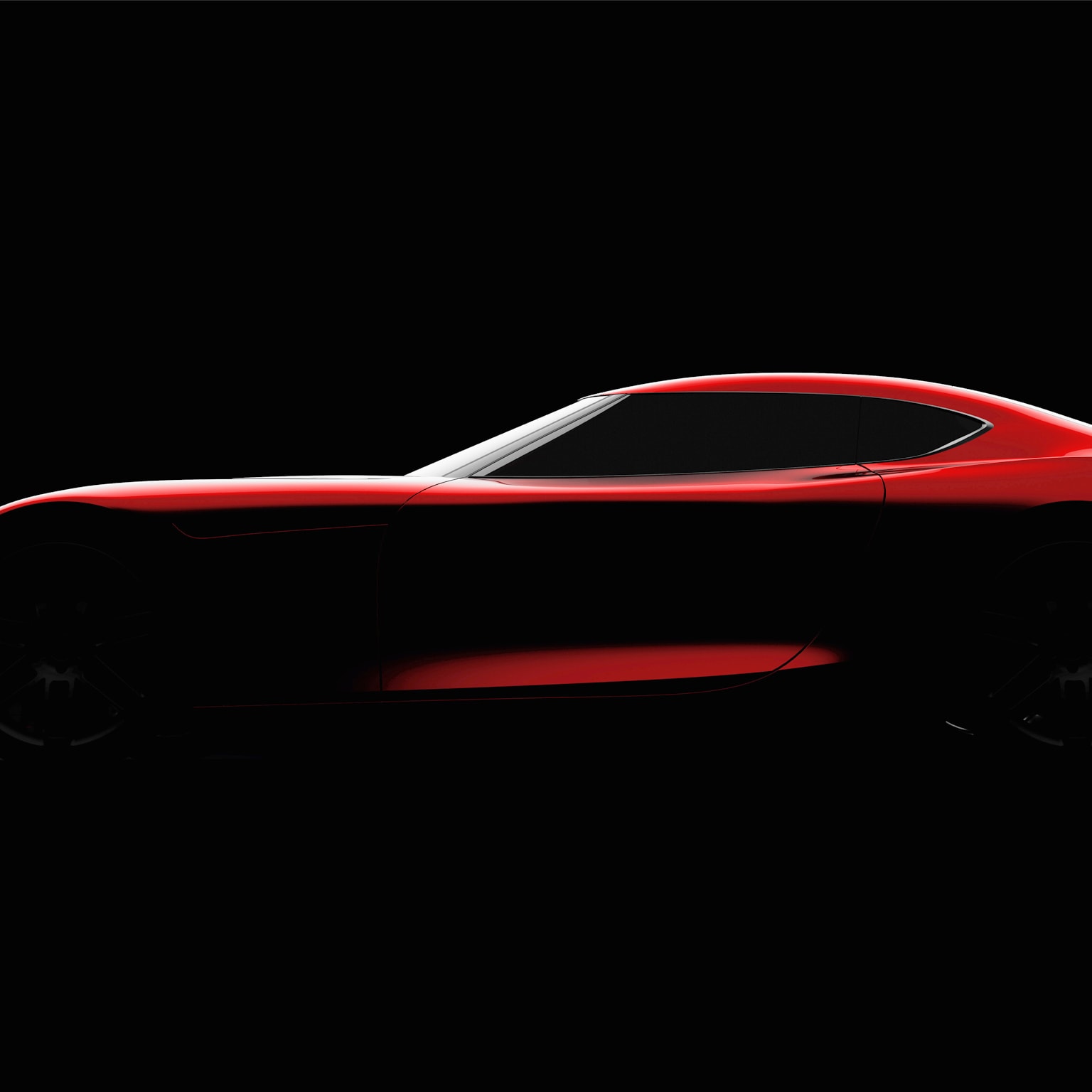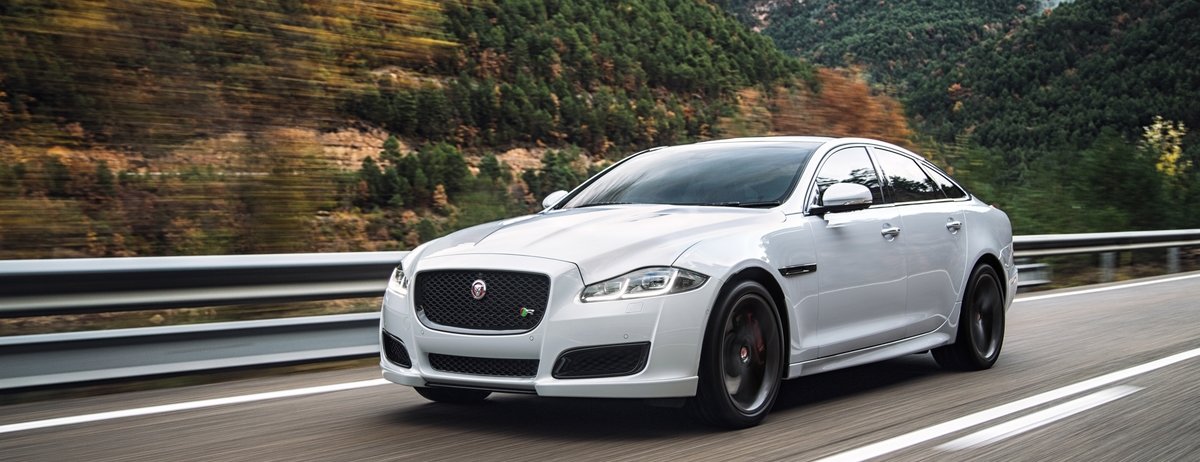Are Luxury Cars Worth It
Are luxury cars worth it depends on individual preferences for comfort, status, and performance. The value of a luxury car is often justified by its advanced features and superior craftsmanship.
Luxury cars combine performance, cutting-edge technology, and unparalleled comfort, attracting those who seek more than just transportation. As status symbols, they convey prestige and often come with a higher level of service from manufacturers and dealerships. For enthusiasts and discerning buyers, the driving experience offered by high-end car brands is unmatched in terms of handling, acceleration, and amenities.
Nevertheless, the worth of a luxury vehicle is subjective and must be weighed against the considerable investment they require. With higher initial costs, as well as more expensive maintenance and insurance, luxury cars are a significant financial commitment. Those in the market for a new car must consider both the tangible and intangible benefits of owning a luxury vehicle before making such a decision.
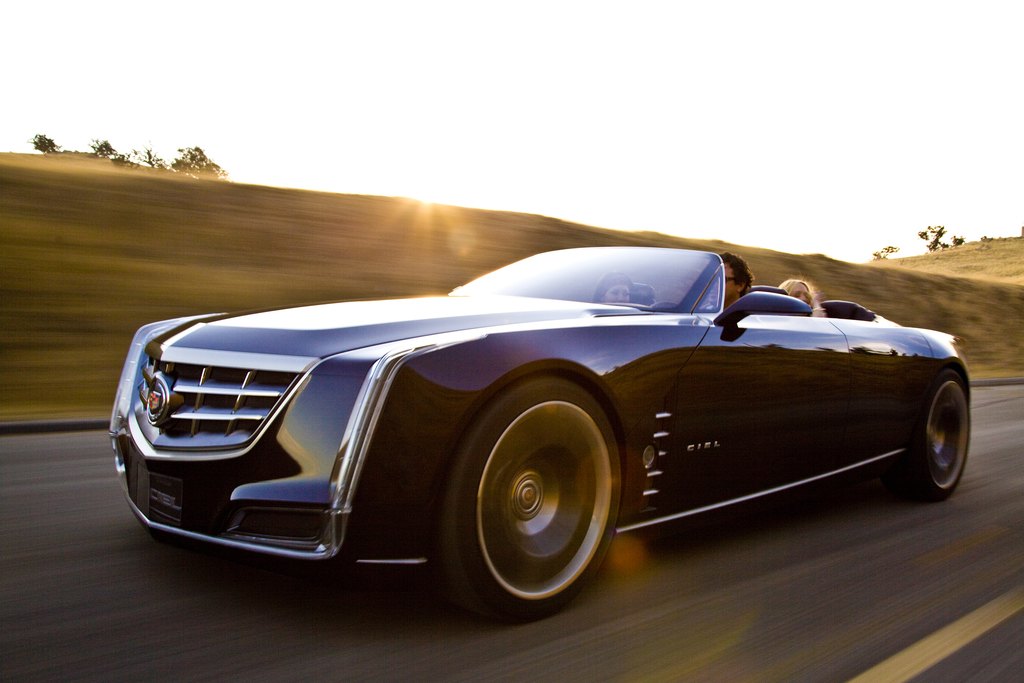
Credit: www.automoblog.net
The Allure Of Luxury Cars
The very mention of luxury cars sparks images of sleek designs, superior performance, and an enviable lifestyle. Such vehicles often serve as much more than just a means of transportation. They are a statement, a piece of art, and a glimpse into the world of opulence.
Status Symbols And Brand Prestige
Ownership of a luxury car carries weight and distinction. For many, it represents a milestone, achievement, and a reflection of personal success. The emblems of these cars are icons of excellence and history. Take for instance, the legendary three-pointed star of Mercedes-Benz or the rearing horse of Ferrari, each lead conversations of pedigree and heritage.
- Bentley stands for unmatched luxury
- Lamborghini spells raw power and daring design
- Rolls Royce implies exquisite craftsmanship
Advanced Features And Cutting-edge Technology
Luxury cars showcase the latest in automotive innovation. Buyers expect top-of-the-line amenities and these vehicles deliver impressively.
| Brand | Technological Highlight |
|---|---|
| Audi | Virtual Cockpit Display |
| BMW | iDrive System |
| Tesla | Autopilot |
Features like self-driving capabilities, advanced safety systems, and intuitive infotainment set these cars apart. Owners enjoy comforts such as massaging seats, climate control, and ambient lighting} that transform driving into an experience.

Credit: www.carketa.app
Cost Vs. Value In High-end Automobiles
The allure of luxury cars often goes beyond glossy paint and soft leather. It’s about the experience. But are these mobile masterpieces worth their hefty price tags? It’s essential to unpack the cost and the value they offer to see if these high-end machines are smart buys.
Initial Purchase Price
Luxury cars command a premium. They come packed with top-tier features and brand prestige. Consider these points:
- Advanced technology
- Superior performance
- Exclusive design elements
These factors contribute to a higher initial cost compared to standard vehicles.
Long-term Maintenance And Depreciation
Maintaining a high-end automobile often requires more investment over time.
| Aspect | Luxury Cars | Standard Cars |
|---|---|---|
| Maintenance Cost | Higher | Lower |
| Depreciation Rate | Faster | Slower |
Luxury cars depreciate faster, losing value quickly after purchase. This is crucial for resale value.
Performance And Comfort Comparison
Luxury cars offer more than just a brand name. They are a blend of top-notch performance and unparalleled comfort. Let’s dive into the details and compare what these elite vehicles have in store.
Driving Experience And Engine Power
When we talk performance, luxury cars race ahead of the pack. They are equipped with powerful engines that ensure swift acceleration and a smooth ride. The driving experience in a luxury car is not just about speed though; it’s about the feel of the road, the grip of the tires, and the ease with which the car responds to your commands.
- Precise steering systems offer pinpoint control.
- Advanced suspension tech adapts to road conditions.
- Powerful brakes bring the car to a halt safely and quickly.
Interior Amenities And Passenger Experience
Inside a luxury car, comfort is king. Every detail, from the quality of materials to the design of the seats, is crafted to create an environment that pleases the senses and relaxes the body.
| Amenity | Benefit |
|---|---|
| Leather Seats | Enhance comfort and add a touch of elegance. |
| Climate Control | Maintains the perfect cabin temperature. |
| Entertainment Systems | Provide on-the-go leisure for all passengers. |
Passenger experiences are further elevated with features like ample legroom, personal lighting, and noise-canceling interiors that create a tranquil space for work or relaxation.
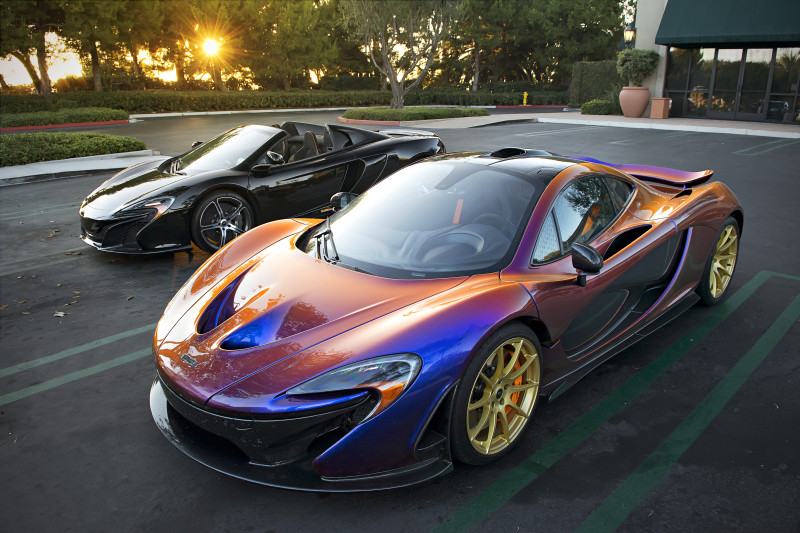
Credit: blog.unhaggle.com
Safety Features And Rating Differences
Safety is a key factor when considering a car purchase. Luxury vehicles often lead in safety advancements. Ratings from agencies like the IIHS provide valuable insights for buyers. These ratings may influence your decision on whether luxury cars are worth the extra investment.
Innovative Safety Technologies
Luxury cars offer cutting-edge safety features. These technologies aim to protect passengers and reduce accidents.
- Autonomous Emergency Braking
- Lane Departure Warning Systems
- Adaptive Cruise Control
- Blind Spot Detection
- Night Vision with Pedestrian Detection
Beyond the basics, elite models introduce semi-autonomous driving capabilities. This tech paves the way for safer roads.
Impact On Insurance Premiums
Insurance companies often consider safety ratings. Higher safety ratings can lead to lower premiums. Luxury cars may have more expensive insurance due to their value, but safety tech can help offset costs.
A breakdown of factors affecting insurance premiums for luxury cars:
| Safety Feature | Impact on Premium |
|---|---|
| Advanced Airbags | Potentially Lower Premium |
| Electronic Stability Control | Potentially Lower Premium |
| Theft Deterrent Systems | Potentially Lower Premium |
Insurers may offer discounts for safety features like these. This makes luxury cars with high safety ratings more enticing.
The Economic Perspective
The Economic Perspective starts with a critical evaluation of what luxury cars offer. Are they just swanky badges with a high price tag? Or do they bring tangible benefits that justify their premium costs? Understanding the financial implications of owning a luxury vehicle offers a clear lens to weigh their worthiness.
Resale Value And Market Demand
Luxury cars tell a dual story about depreciation and demand. While all cars depreciate, upscale models often maintain stronger resale values over time. Let’s delve into the reasons:
- Brand prestige boosts buyer interest.
- Advanced features retain attractiveness.
- Limited edition models create scarcity.
A table that highlights average depreciation rates of luxury versus standard cars can demonstrate this point effectively:
| Car Type | 1-Year Depreciation Rate | 3-Year Depreciation Rate | 5-Year Depreciation Rate |
|---|---|---|---|
| Luxury | 20% | 40% | 50% |
| Standard | 25% | 45% | 60% |
Market demand significantly impacts how well luxury vehicles hold their value. A desirable brand with a reliable record can fare well during resale.
Luxury Cars As Investment Vehicles
Some argue that luxury cars can be savvy investments. This claim holds true especially for rare collectors’ models or limited-run supercars. These cars can skyrocket in value. Here’s why they might be a good investment:
- They’re often produced in low volumes.
- Rarity adds to their mystique.
- Owners preserve them meticulously.
Yet for most luxury cars, the term ‘investment’ should be taken lightly. Regular maintenance costs, insurance fees, and the inevitable depreciation suggest calling them a true investment might be generous.
Collector’s items, however, are the exception to the rule. With fine upkeep and market trends, these cars can sell for more down the road.
Personal Considerations In Car Buying
Thinking about buying a luxury car requires more than just looking at the price tag. It’s essential to consider how a car fits your life. A luxury car is not just a vehicle; it’s a statement. Reflect on your daily routine and the image you want to project. Each person values aspects of their car differently. Will the car meet your everyday needs? Are you ready to handle its environmental impact? These are vital elements that influence your decision.
Lifestyle Match And Daily Usability
Before signing on the dotted line, picture your daily life with the luxury car. Consider the following:
- Seating needs: How many people will you transport regularly?
- Storage space: Do you need a lot of cargo room?
- Performance: Is driving pleasure a high priority?
- Technology: Do you want the latest features?
A luxury car should make each day smoother. Ensure it matches your routine and pleasure criteria. Never compromise on functionality for prestige.
Environmental Impacts And Fuel Efficiency
Luxury doesn’t mean wasteful. Today’s luxury cars can be both opulent and eco-friendly. Here are points to ponder:
- Emissions: Lower is better for the planet.
- Fuel efficiency: Look for impressive miles per gallon.
- Hybrid/electric options: Consider clean energy vehicles.
An environmentally conscious choice can save you money in the long term. It also helps you do your part for the planet.
Frequently Asked Questions On Are Luxury Cars Worth It
What Defines A Luxury Car’s Value?
Luxury cars are valued for their advanced technology, superior craftsmanship, high-end materials, and exclusive brand reputation. Their worth is measured by performance, comfort, and prestige rather than just transportation.
How Do Luxury Cars Benefit Daily Life?
Luxury cars offer enhanced comfort, cutting-edge safety features, and robust performance, elevating the daily driving experience. They provide a sense of status and personal satisfaction to owners, making commutes more enjoyable.
Are Luxury Cars A Good Investment?
Luxury cars are not typically considered good investments due to depreciation. However, some rare or classic luxury models may hold value or even appreciate over time if well-maintained.
Can Luxury Vehicles Save On Long-term Costs?
Despite higher initial costs, luxury cars often come with longer warranties, higher quality parts, and advanced technology, potentially saving on long-term maintenance and repair costs.
Conclusion
Deciding on a luxury car is a personal choice, with clear pros and cons. These vehicles offer superior comfort, technology, and status. But they also demand higher costs and depreciation rates. Weighing functional needs against the desire for prestige is key.
Ultimately, value resides in the satisfaction of the owner, not just the price tag.


